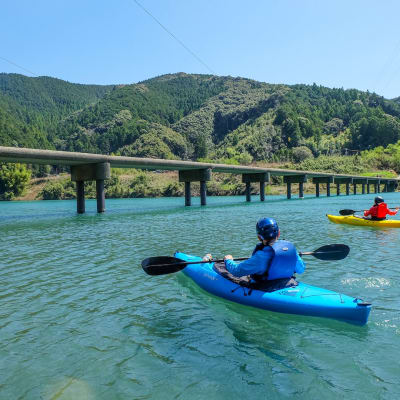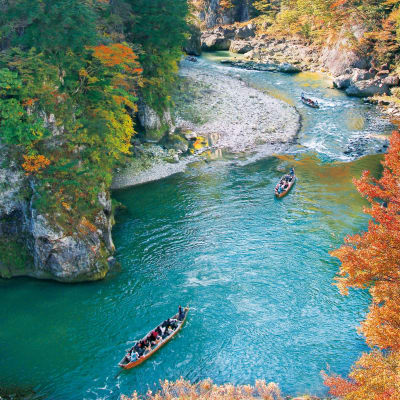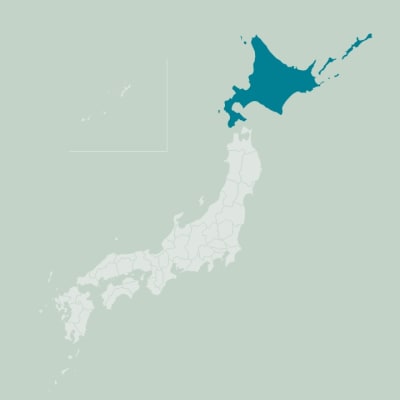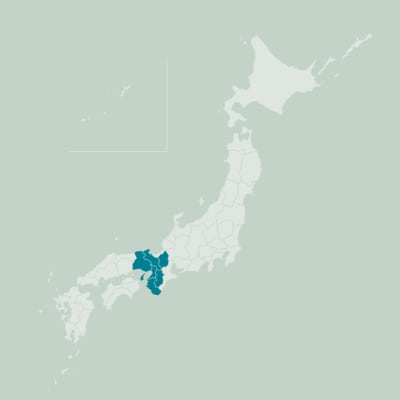Peek Behind the Noh Mask in Kurokawa
Get an insider’s glimpse into one of the oldest local performing arts in Japan
Noh is one of the oldest traditional performing arts in Japan; Kurokawa Noh has been practiced in the town of Kurokawa in Yamagata Prefecture for some 500 years. On this winter tour, follow a local guide as you visit Kasuga Shrine, home to the Ogisai Festival, an overnight event of various Noh performances. Kurokawa Noh boasts two performing groups, Kamiza and Shimoza, composed of local residents performing a collection of 540 different Noh plays and 50 comedic kyogen acts.
The Kurokawa Noh experience tour also lets you see the collection of beautiful Noh masks and costumes exhibited at Ogi Hall. Kurokawa Noh proudly boasts a collection of around 250 Noh masks and 500 costumes used during performances.
The event also includes lunch based on the meal served just once a year at the Ogisai Festival, featuring tofu essential to the festival.
This is an intimate cultural experience not to be missed.

Access: From Tokyo Station, take the Joetsu SHinkansen to Niigata Station (about one hour 50 minutes), then transfer to the Inaho Line local train to Tsuruoka Station. The shrine is 20 minutes by car from the station.
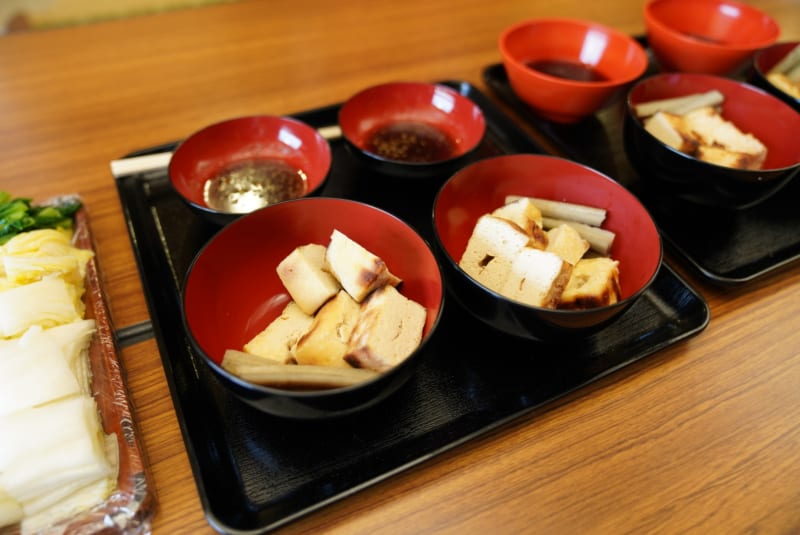
Contribution to Sustainability
Kurokawa Noh began as a ritual to the local god at Kasuga Shrine in Kurokawa District, Tsuruoka City , Yamagata Prefecture over 500 years ago. It was deemed an Important Intangible Folk Cultural Property by the Japanese government in 1976. Visitors will see one of the places where this timeless tradition is kept alive.
The Kurokawa Noh experience tour (Kurokawa Noh Preservation Society)
| Address |
253 Miyanoshita-Kurokawa, Tsuruoka-shi, Yamagata-ken |
|---|---|
| Duration |
4 hours or more |
| URL |





















































